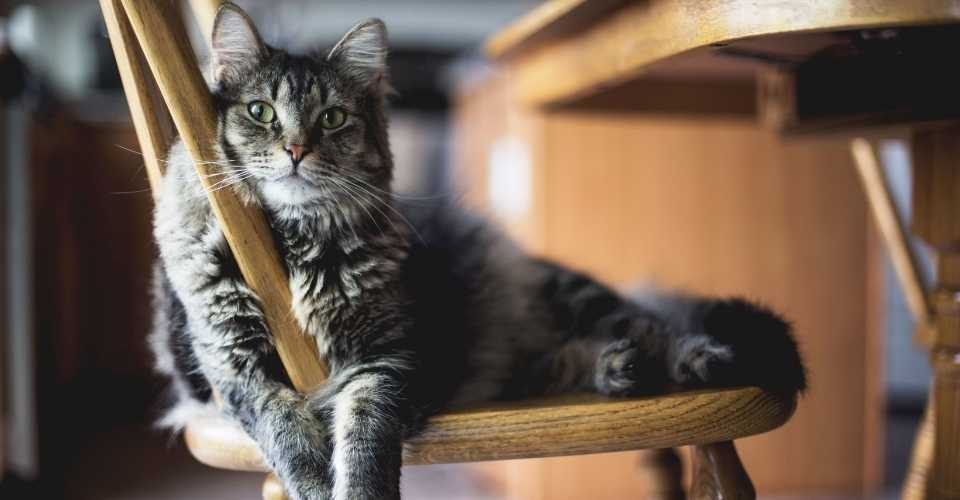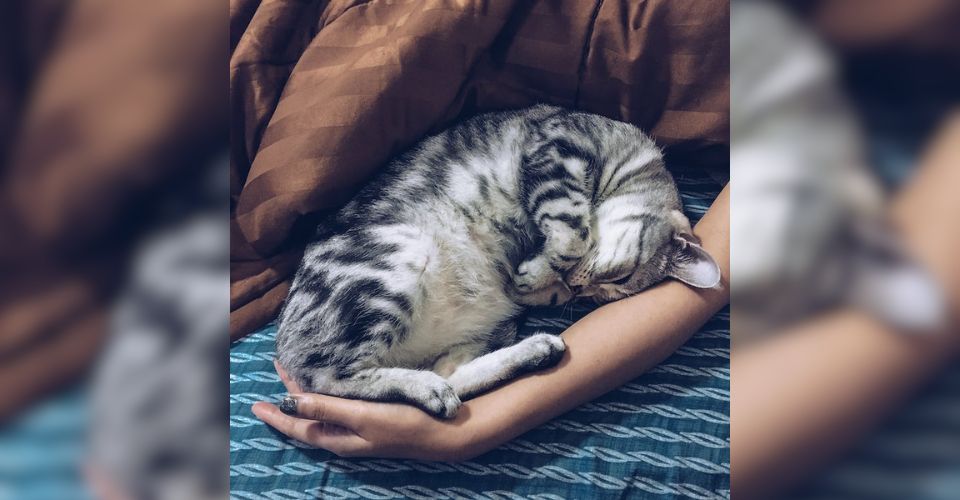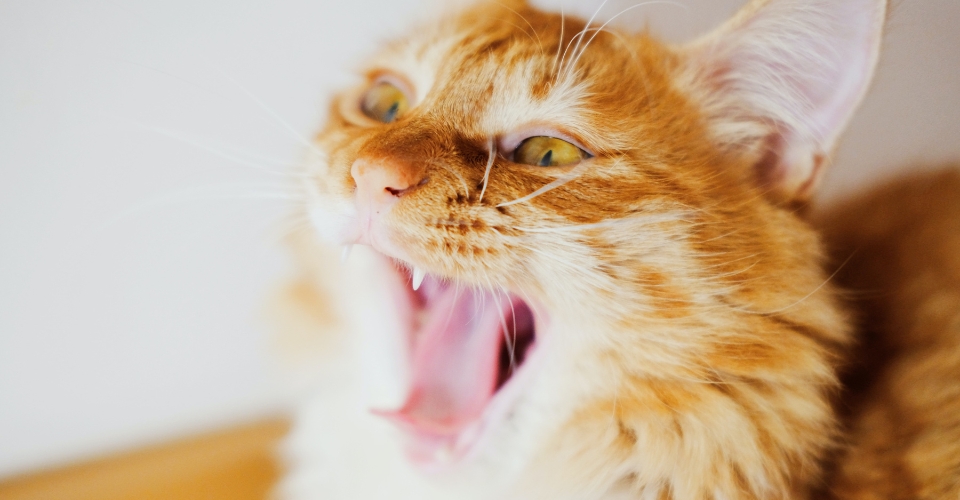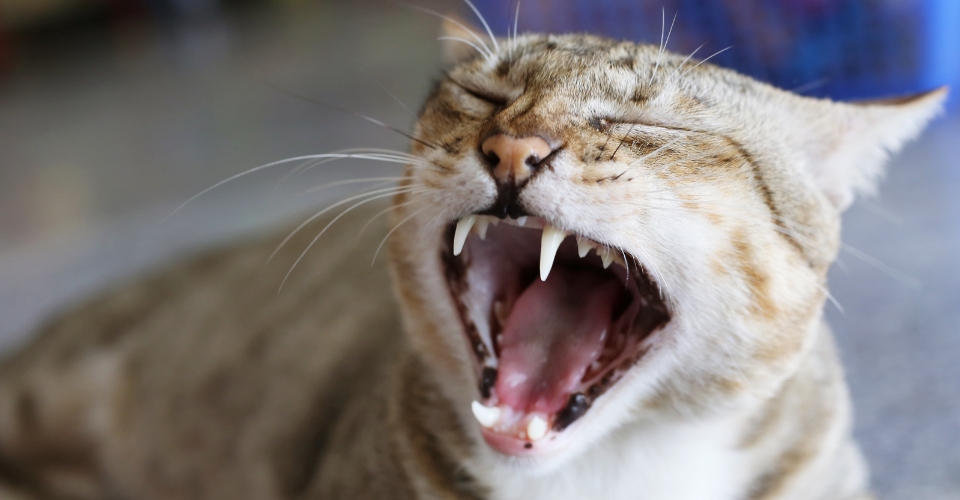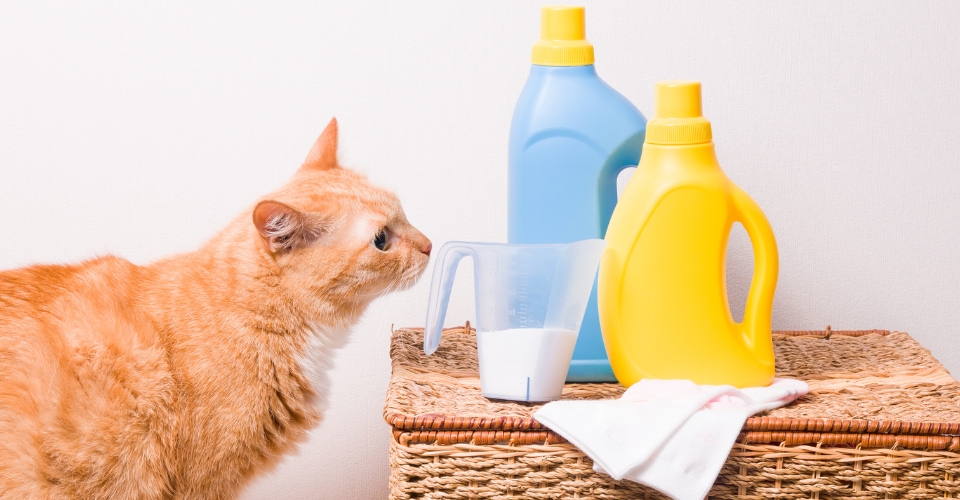Cats are nocturnal. They have 9 lives. They cannot see colors. They can see in the complete darkness. They do not need vet visits. Outdoor cats live longer than indoor cats. They don’t need exercise.
There are hundreds of such myths prevalent about cats, none of which is actually true. We have addressed some of these misconceptions in our blogs.
Are cats nocturnal? This is what we will explore in this blog.
‘Cats are nocturnal’ is one of the most widely believed myths about cats. And the reason is, cats often wander around in the dark at night, incessantly meowing or hitting on the owner’s foot, seeking their attention. Anyone would tend to believe that cats are nocturnal animals. Or at least different questions about cat sleep patterns may pop up in one’s head: Are all cats nocturnal? What about domestic cats? And are kittens nocturnal too? Are cats diurnal? Are cats crepuscular? And, why are cats nocturnal if they really are?
Before answering these questions, let’s first discuss what nocturnal animals are.
What Are Nocturnal Animals?
Nocturnal animals stay active throughout the night and sleep during the day. Nocturnal animals such as foxes, hedgehogs, badgers, owls, and aye-aye have an excellent night vision that equips them to see well in the dark. Their night vision makes it perfect for them to hunt at night. Many people tend to believe that cats are nocturnal creatures because they find their cats sleeping throughout the day. Well, cats love to sleep. Their average sleep time is around fifteen hours a day, but some cats may sleep up to twenty hours a day. But they not only sleep during the daytime but also at night unless you have spoiled your fluff ball by letting her sleep the whole day.
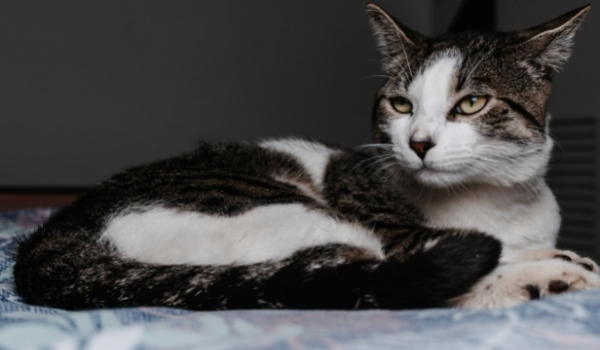
Cats Are neither Nocturnal nor Diurnal
While you may find your cat snoozing the day away by sleeping beside the window, lying on the floor, or basking in the sunlight, it does not make your cat nocturnal. They even sleep in the nighttime. As discussed above, cats love to sleep.
Cats are not diurnal either. Diurnal animals such as humans tend to be awake through the day and sleep at night. You must be wondering if cats are neither nocturnal nor diurnal, then what they are.
Cats are Crepuscular
Cats are crepuscular creatures, which means that their circadian rhythms direct them to sleep throughout the day and night and be awake at dawn and dusk. Actually, a cat is a wild animal, and it has to forage and hunt for its food. Given that cats have superior night vision but cannot see in complete darkness, the time of dawn and dusk is the optimum for cats to go on the hunt. This is the reason that cats have an ingrained instinct to be active during the low light periods before sunrise and sunsets.
How Do Crepuscular Cats Live in Harmony With Diurnal Humans?
Just like wild cats, domestic cats are not nocturnal either; they are also crepuscular. A question may arise here: How do they live in harmony with diurnal humans at home?
Well, it is our routine that makes us live in harmony with our feline fellas. As your kitten wakes up before the sunrise, you are also waking up to get ready for the day–to shower, exercise, feed your fluff ball, eat your breakfast, and run to work. And when you come back from work after 8 to 10 hours in the evening, just before the sunset, your cat is active again. The point is, our at-home times i.e., in the morning, getting ready for work and around dinner time in the evening, are the most active periods for cats. This is the reason that crepuscular cats easily get in sync with their favorite human’s routine.
Has Your Cat Been Keeping You up at Night?
Most cat owners who are night-owls themselves have no problem with their cats being awake at night, but others want their cats not to disturb their sleep.
Has your cat ever awaken you in the mid of the night? Or, has it ever started pouncing on your feet as soon as you fell asleep? Has your cat’s schedule pestered you? Well, here is the good news for you.
Cats can learn to sleep at night, according to PetMD. With time, cats learn to sync their sleeping pattern with that of their owners. This is because the housing conditions tend to affect the circadian rhythms responsible for regulating the sleep pattern of cats. A study found out that cats living with diurnal humans tend to mirror their sleeping patterns. Of course, this does not mean that cats will reduce their sleep time to 7 or 8 hours, but that they will be sleeping more when their keepers are asleep i.e., in the night.
How To Get Your Cat to Sleep at Night?
Now that you know cats can be trained to sleep at night, you must be wishing for your cats to instantly learn the process of nighttime sleeping. In that case, below are some valuable tips that will help you adapt her to the process. That said, you will have to give her enough time to get wholly accustomed to it.
Give Them No Attention
One of the most effective things that you can do is not to give them any attention, neither positive nor negative, when they are loudly yowling in the night or pouncing at your feet. Even if your sleep has been disturbed, you should still act as if you are dead asleep. Chasing your cat out of the room, giving her something to munch on, expecting that she will go away, or shouting at her would only strengthen her nocturnal instincts.
Confine Her
By confining, we do not mean putting your fluff ball in a crate but in a separate room. You can just lock your room and let her have the rest of the apartment or the house. But make sure that she has access to her litter box.
Secondly, you should never allow her to go wander in the lawn at night. This will not only perpetuate her nocturnal instincts but will also put her at a great risk if she sneaks out in the street.
Increase Her Daytime Activity
If allowed, your cat will sleep the whole day. Therefore, it is advised that you schedule several interactive playtime sessions with your cat throughout the day. After getting back home from work, you can play with your cat for 5 to 10 minutes. You can also use food-dispensing toys to give your cat her favorite treats, providing ample physical and mental stimulation. The aim is to tire your kitty down. So that her instinct of conserving energy kicks in, letting her sleep through the night.
Feed Them the Main Meal Right Before Your Bedtime
Feed your exhausted cat her primary meal right before you are planning to go to bed. A full belly will trigger drowsiness in your cat, and your cat will sleep through the night. You might get to see your cat snoring or drooling well in a deep sleep. Please note that there is nothing to worry about her snoring or drooling—it might just be the sign of a relaxed or happy cat.
Have Patience
We understand that your sleep is important, and cat meowing or wandering around at night can be frustrating, but your cat is not doing it out of spite–it is not that your cat is the enemy of your sleep. It’s her natural instincts that are keeping her up at night. Have patience and follow the tips to make her used to sleeping at night. Patience always bears fruit, they say.

